Born and raised in London, Charlie Kwai has always been fascinated by untold narratives about those around him, but it wasn’t until a stint working as a freelance graphic designer in tourist hotspot Piccadilly Circus that he started to carve out his singular niche in street photography.
He soon discarded the Pentax K1000 he had stolen from college almost a decade earlier in favour of a digital camera, and began to seek respite from his frustrating day job by capturing the characters he found around him.
“I’d go out on lunch and spend a full hour taking photos. I wouldn’t even eat sometimes, and then after work I would stay out from six until eight most nights,” he says.
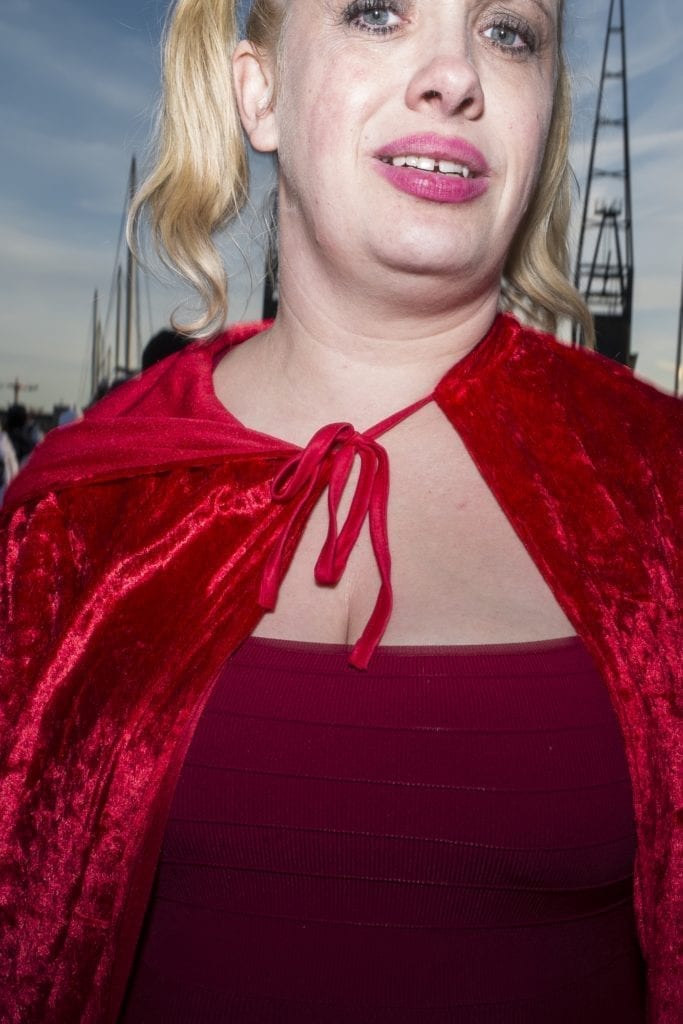
Before long, his uncanny ability to pinpoint moments of clarity and stillness in bustling crowds of tourists – a Burger King-crowned princess perched pensively on a stone step, or a family so archetypal they appear like a waxwork parody of themselves – grew into a day job all its own.
“What gets me out of bed in the morning is that I’ve got these certain stories, certain types of people I’m looking for. When you go through that process of revisiting the same places, those things appear more often.”
Now, two years on, Kwai’s indefatigable hunger to photograph those around him in the city centre has grown to encompass a number of standalone series – from Overtime, documenting businessmen in London’s Square Mile, to True Love, chronicling the comings and goings of the residents of Chinatown.
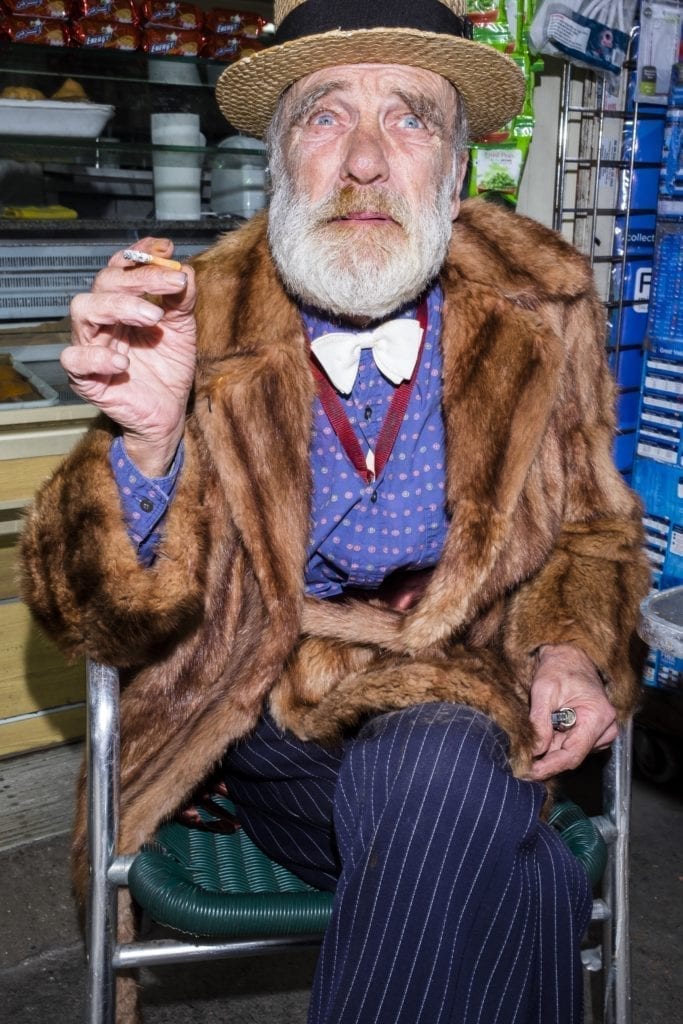
A startling proximity to his subject has become a signature of Kwai’s style.
“I get so close that there’s no background left,” he says, or it’s not relevant any more in the photographs. “As soon as you merge all these pictures together that have no context, you create a new one for all the characters in it.”
This technique stems from an almost anthropological fascination with people. His foray into London’s biannual MCM Comic Con convention presents a prime example of how neatly this can function as a storytelling device; he chooses to photograph visitors in full cosplay ensembles from up close, eschewing the paraphernalia around them.
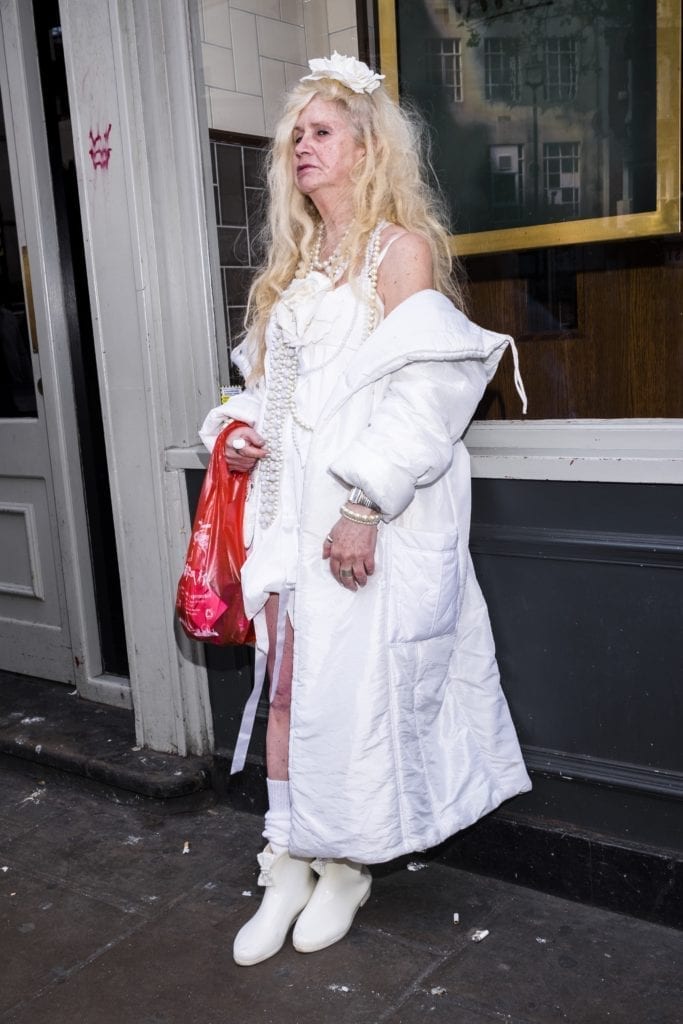
“A lot of the documentary coverage of MCM is really wide, so you know that they’re at a convention – there’s always that context there,” he explains.
His compact framing, however, coupled with the series name County Jail, transforms the resulting series into a collection of portraits of pseudocriminals lining up to have their mugshots taken.
Kwai’s work riffs on a long tradition of street photographers employing similar methods to capture subjects unawares – from Vivian Maier through to Dougie Wallace. Still, the photographer is resolute that while his predecessors clearly inform and influence his work, he references them rather than replicates them.
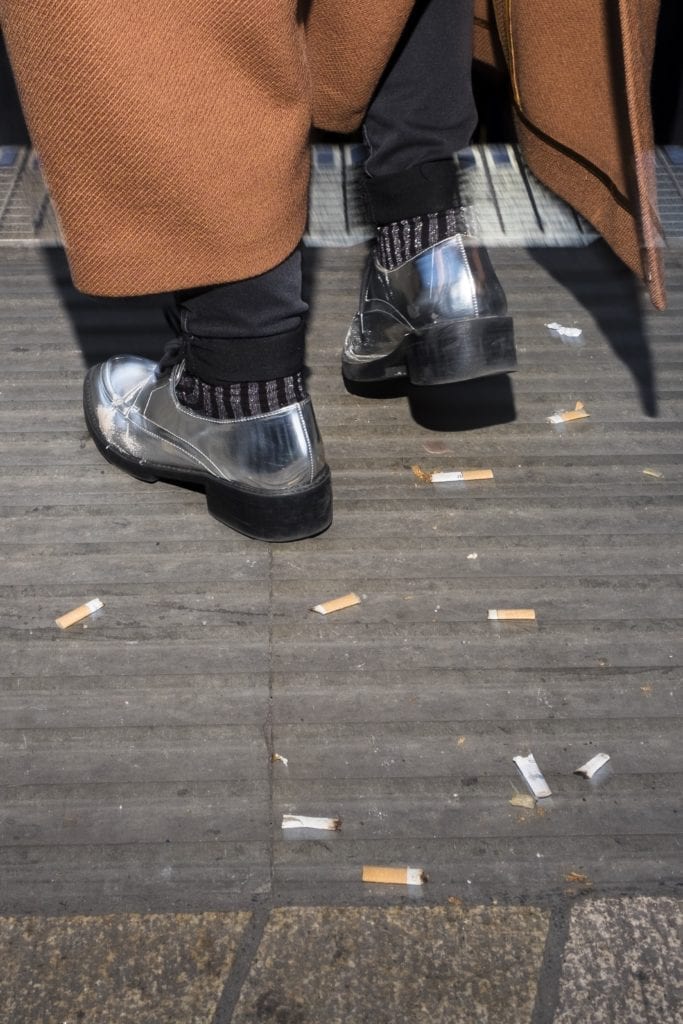
Bruce Gilden is a prime example; the Magnum photographer and street veteran’s famously abrasive style drawing obvious parallels.
“Everyone I meet is like, ‘It’s just like Bruce Gilden’,” he says. “Obviously, he’s inspired me to pick up a flash, his confidence is infectious, but it’s like his work is the benchmark. Sure, stylistically there are comparisons, but you can’t just go and replicate him – it’s up to me as a photographer to go beyond that.”
By removing contextual markers to create fictional worlds around his subjects, Kwai hopes to take things one step further.
“I’m not just observing life as it goes on, I’m trying to create something new out of it. I love documentary photography, but I don’t want to just contribute to that scene. I want to evolve it a bit more.”
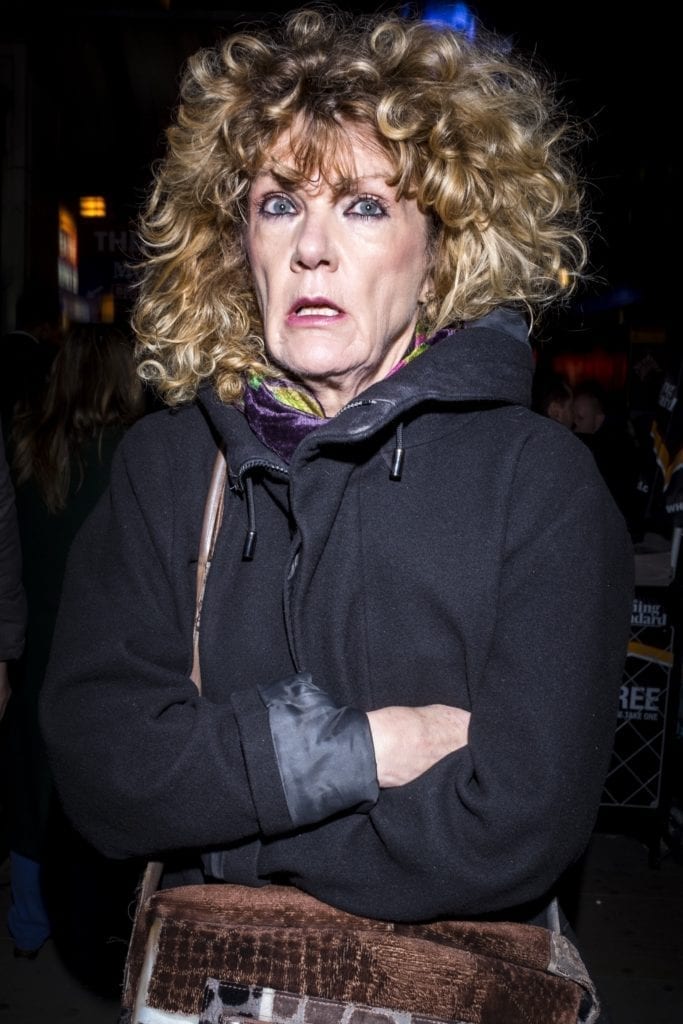
Of course, Kwai’s approach – high-flash, in-your-face, unapologetically confrontational – is not without its downsides: in one week alone he had a number of run-ins with unhappy victims.
“I completely understand why people get annoyed; it is an invasion of privacy, regardless of the law.”
He counteracts negativity with a refined arsenal of responses – from killing irritation with flattery and admiration, to keeping subjects in conversation for so long they eventually talk themselves down.
“You try to make it a positive thing – a lot of the time I treat it as a game.”
Still, his usual tactics don’t always work. “All the police in central London, Leicester Square, they all know me,” he says, grinning. “That’s probably not a good thing.”
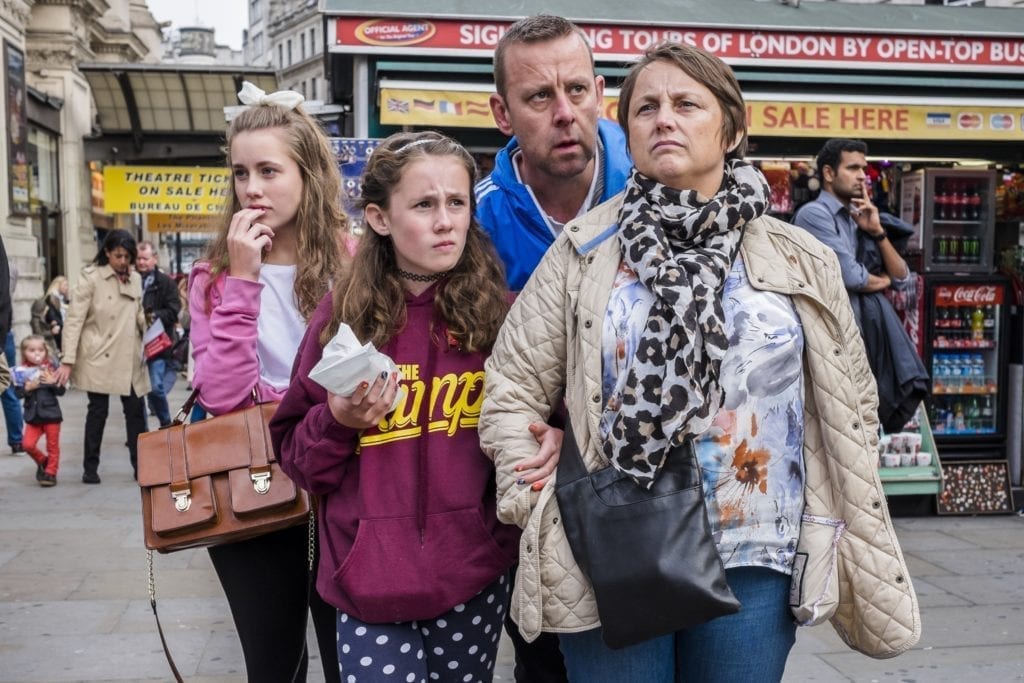
Ultimately, it’s Kwai’s insatiability that sets him apart; he spends months, even years, revisiting the same sites. “You can always do better,” he says, shaking his head, when I ask if his ongoing projects look set to wind up any time soon.
“You’ll get to a level where you’ve got enough photos that you’re happy with, but you could still go back tomorrow and take the best one yet, the headline image. It’s like gambling.”
To see more of Charlie Kwai’s work, go here.
